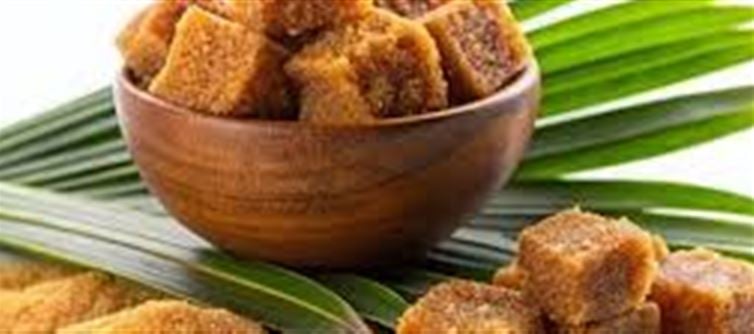
With pollution levels soaring across major cities, especially in Delhi-NCR, people are increasingly turning to home remedies to protect their lungs. Among these, one of the most popular suggestions circulating online is drinking jaggery (gur) with warm water to “cleanse” the lungs. But does it really work?
To separate fact from fiction, a Gurugram-based pulmonologist explains the truth behind this trending remedy.
1. What Makes jaggery a Popular Remedy?
Jaggery is rich in iron, magnesium, and antioxidants, and has long been used in Ayurvedic traditions for respiratory support. It is believed to help:
· Loosen mucus and ease coughing
· Detoxify the body by flushing out toxins
· Improve respiratory efficiency when taken regularly
However, while these benefits are real, experts caution that jaggery cannot “clean” the lungs in the literal sense.
2. Expert Opinion: What Doctors Say
According to pulmonologists, there is no scientific evidence that any food or drink can directly “clean” the lungs.
“Jaggery with warm water may help soothe the throat and clear mild congestion, but it cannot remove pollutants or particulate matter trapped in the lungs,” explains a Gurugram pulmonologist.
He adds that respiratory detoxification happens naturally through the lungs and the body’s filtration systems, not through dietary remedies.
3. What Actually Helps Protect the Lungs
Instead of relying solely on DIY drinks, doctors recommend a more comprehensive approach to lung health amid pollution:
· Use air purifiers indoors, especially in bedrooms.
· Wear an N95 mask when outdoors.
· Include antioxidant-rich foods (like amla, turmeric, and tulsi) in your diet.
· Stay well hydrated and do deep-breathing exercises to improve lung capacity.
💡 Tip: Steam inhalation with a pinch of turmeric or carom seeds (ajwain) can help relieve congestion naturally.
Final Verdict
While jaggery with warm water can provide minor relief from throat irritation and cough, it is not a cure or detox solution for the lungs. Experts emphasize that the best way to protect yourself from pollution-related harm is through prevention, proper hydration, and medical care when necessary.
Disclaimer:
The views and opinions expressed in this article are those of the author and do not necessarily reflect the official policy or position of any agency, organization, employer, or company. All information provided is for general informational purposes only. While every effort has been made to ensure accuracy, we make no representations or warranties of any kind, express or implied, about the completeness, reliability, or suitability of the information contained herein. Readers are advised to verify facts and seek professional advice where necessary. Any reliance placed on such information is strictly at the reader’s own risk.
.jpg)




 click and follow Indiaherald WhatsApp channel
click and follow Indiaherald WhatsApp channel